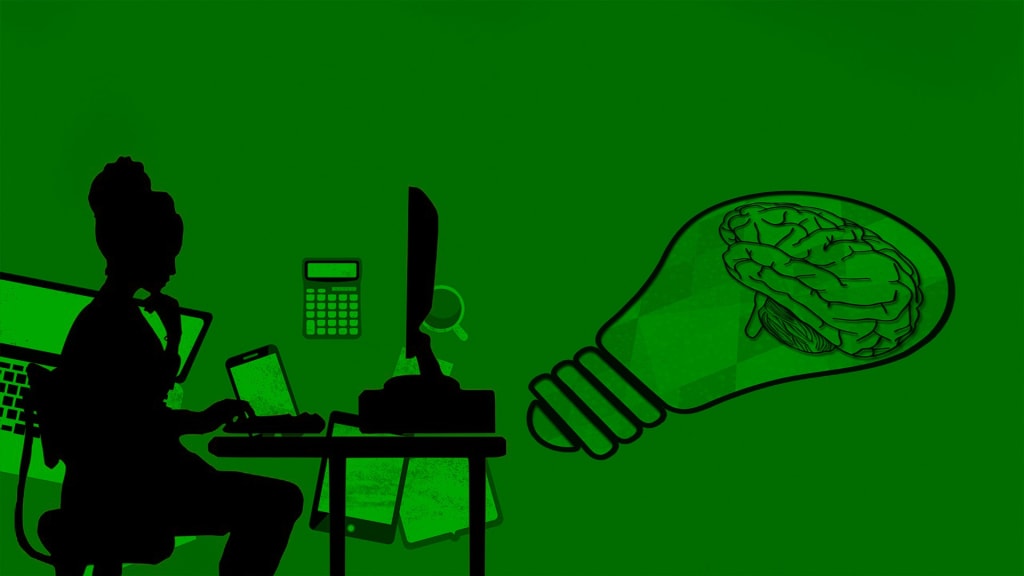The Fascinating World of Memory
From Formation to Retrieval

Memory is an essential aspect of our lives. It is what allows us to learn, remember, and make decisions based on past experiences. Our memories shape our personalities, our beliefs, and our behaviors. However, have you ever wondered how memories are formed, stored, and retrieved? In this article, we will explore the psychology of memory and the mechanisms behind this fascinating process.
Memory Formation
Memory formation is a complex process that involves different areas of the brain. Memories are created when new information is encoded, consolidated, and stored. Encoding is the process of transforming sensory information into a form that can be stored in the brain. Consolidation is the process of stabilizing the memory after it has been encoded. Finally, storage is the retention of memory over time.
The first stage of memory formation is sensory memory, which is the immediate and brief storage of sensory information. Sensory memory lasts only a few seconds and allows us to retain information long enough to process it. After sensory memory, information can either be forgotten or transferred to short-term memory.
Short-term memory is the temporary storage of information that we are currently processing. It has a limited capacity and can hold about 7 items for 20-30 seconds. Short-term memory allows us to retain information while we are working on it, but if it is not rehearsed, it will be forgotten.
Long-term memory is the storage of information over an extended period. Long-term memory has an unlimited capacity and can last from hours to years. The process of consolidating information from short-term memory to long-term memory is not fully understood, but it is believed to involve changes in the connections between neurons in the brain.
Memory Storage
Once the information has been consolidated into long-term memory, it is stored in different areas of the brain, depending on the type of memory. There are two main types of long-term memory: declarative memory and procedural memory.
Declarative memory is the memory of facts and events that can be consciously recalled. Declarative memory is further divided into semantic memory, which is the memory of general knowledge, and episodic memory, which is the memory of specific events.
Semantic memory is stored in the neocortex, the part of the brain responsible for conscious thought and language. Semantic memory is essential for everyday tasks such as reading, writing, and problem-solving.
Episodic memory is stored in the hippocampus, a small structure in the brain that plays a critical role in memory consolidation. Episodic memory is what allows us to remember specific events in our lives, such as our first kiss or our graduation day.
Procedural memory is the memory of how to perform a task or a skill. Procedural memory is stored in the cerebellum, a part of the brain responsible for motor coordination and balance. Procedural memory is what allows us to ride a bike, play an instrument, or type on a keyboard without thinking about it.
Memory Retrieval
Retrieving a memory is the process of accessing stored information from long-term memory. Memory retrieval can be influenced by various factors, such as context, mood, and emotion.
Context-dependent memory is the phenomenon where the environment in which we learn information can affect our ability to retrieve that information. For example, if you study for a test in a particular room, you may remember the information better if you take the test in the same room.
Mood-dependent memory is the phenomenon where our emotional state at the time of learning information can affect our ability to retrieve that information. For example, if you are happy when you learn something, you may remember it better if you are happy when you try to recall it.
Emotional memory is the phenomenon where emotional events are remembered more vividly than non
About the Creator
Gopikrishna
I’m a man roaming the streets of Tamil Nadu with millions of dreams in mind. I hope here my blog will bring joy to readers. So motivate me by hitting the like and subscribe buttons also anyone can interact with me on a comment session.






Comments
There are no comments for this story
Be the first to respond and start the conversation.